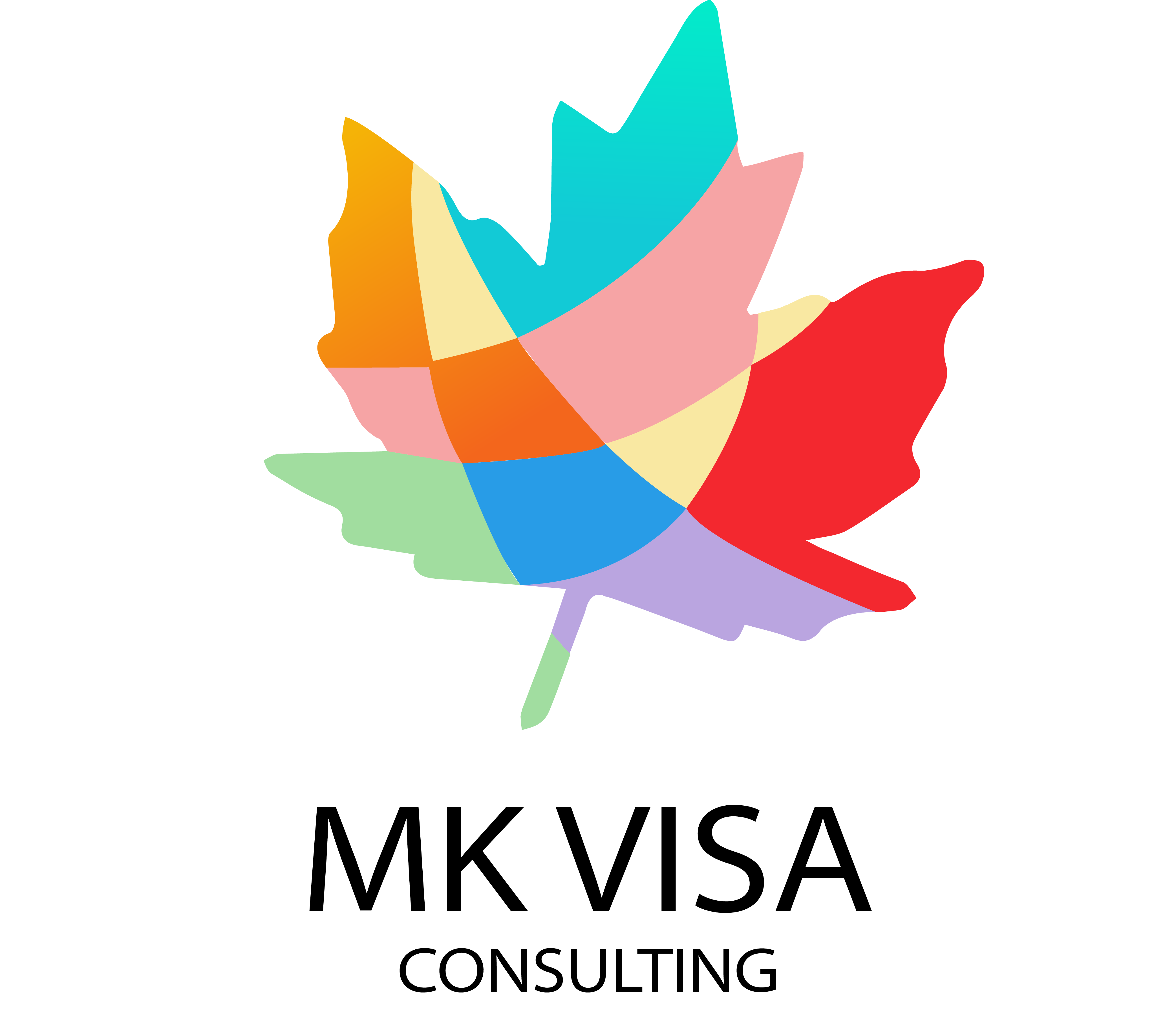みなさんこんにちは。今日はカナダでの留学を計画中の方に大きな発表がありました。
政府から認められた教育機関であり、かつその学校が州から認められたコロナ対策のプランを立てている場合、当該教育機関でプログラムを登録している留学生は10月末以降カナダへの入国が可能になるとのことです。
本日カナダ政府より発表があった内容を以下に意訳しています。(※正式な翻訳者を通したものではありません)
移民・難民・市民権大臣、公共安全・緊急時対応大臣、保健大臣は本日、現在も続いている国境規制に加えて、カナダ政府が国境と自己隔離の監視の強化を発表しました。政府はまた、重要な情報を州や準州とより迅速に共有できるようにするために、デジタル化を強化しています。さらに、長期的に排他的な関係になっている人々、留学生、思いやりのある理由による入国など、家族の再開を支援するプロセスが導入されています。
政府は、2020年3月以降に実施されている渡航制限と国境での入国措置の施行と強化を続けています。カナダへの入国直後に旅行者が14日間検疫または隔離することを義務付ける強制検疫措置(明示的に免除されている場合を除く)は、機能していると言えます。
すべての入国地では、中央通知システムを通じて自己隔離担当オフィサーのサポートに24時間年中アクセスできます。国境での連邦公衆衛生官の存在も、通常カナダへのすべての交通量の90%を占める36の入港地をカバーするために、今後数か月にわたって拡大されます。今年度末までに、合計190人の公衆衛生職員が全国に配置される予定です。また、情報共有を改善するために、カナダ公衆衛生庁は、旅行者がArriveCANアプリなどを介して重要な情報を共有するためのデジタルポータルを展開しました。これにより、データを州や準州に迅速かつ安全に送信できます。
政府はまた、コンプライアンスと執行の取り組みを強化しています。現在、コールセンターの約100人の指定されたスクリーニング担当者が、カナダに入国する旅行者に毎日約4,300件の通話対応と3,500件の自動通話を行っており、2020年3月以降、合計で約100万件のコンタクトがあります。カナダ公衆衛生庁はServiceCanadaと協力してこれらの数をさらに増やします。
これらの電話は、各個人に連絡が取れない場合、または旅行者が検疫要件にしたがっていない疑いがある場合、法執行機関によってフォローアップされます。 RCMPや州の警察官などの法執行機関は、違反法の発券制度に署名して最高1,000ドルの罰金を科すと言う権限を持ち、違反が繰り返し発生した場合は、個人に再度発券することができ、複数の罰金が科せられる可能性もあります。違反チケットに従わない場合、個人は、検疫法に基づいて犯罪の罪で起訴された場合、最高750,000ドルの罰金と最高6か月の懲役に直面する可能性があります。故意または無謀に検疫法に違反すると、最高100万ドルの罰金と3年の懲役が科せられる可能性があります。
これらの強力な保護が実施されているため、家族の再開、思いやりのある理由による入国、および一部の留学生の安全で段階的な入国をサポートするプロセスが導入されています。より具体的には、これらのプロセスは、
・カナダ市民およびカナダ永住者の特定の家族。これには、少なくとも1年の独占的な交際関係にある人とその扶養家族、および成人した子供、孫、兄弟、祖父母が含まれます。
・生命を脅かす病気、重傷または死亡などの特定の状況における思いやりのある理由による外国人で、検疫からの解放が制限される可能性がある
・2020年10月20日以降、COVID-19準備計画が実施されていると州または準州政府によって特定された指定の教育機関に通う留学生
家族の一員としての入国資格を得ることができる人、およびカナダへの旅行と入国の資格を得るためのプロセスと要件に関する詳細情報は、2020年10月8日にカナダ移民難民市民権ウェブサイトで入手できます。家族の渡航のため、強固なプロセスが導入され、各旅行者はカナダに旅行する前に申請して承認を発行する必要があります。
カナダ公衆衛生庁のウェブサイトで、2020年10月8日に、思いやりのある理由でカナダへの旅行と入国の資格とプロセスに関する情報が利用可能になります。canada.ca/coronavirus.
旅行者は、すべての要件を満たし、新しい規則に基づいてカナダに来る資格を得るために必要なすべての許可を取得するまで、旅行計画を立てるべきではありません。
カナダ政府の最優先事項は、COVID‑19の蔓延を食い止め、カナダ人の健康、安全、セキュリティを保護することです。これらの新しい措置は、カナダでの外国人のプレゼンスが有益であり、安全に対応できるための追加措置の必要性を考慮しながら、カナダの旅行制限の有効性を高めていきます。これらの措置は、配偶者を後援している人々がカナダに来るために最近発表された措置に基づいています。
以下が原文となります。
October 2, 2020—Ottawa—Immigration, Refugees and Citizenship Minister Marco E. L. Mendicino, Public Safety and Emergency Preparedness Minister Bill Blair and Health Minister Patty Hajdu today announced that, in addition to the border restrictions that remain in place, the Government of Canada is further strengthening the public health presence at the border and enhancing quarantine monitoring.
The government is also increasing the use of digital forms and processes to allow critical information to be shared more quickly with provinces and territories. In addition, a process is being introduced to support enhanced family reunification, including those in long-term exclusive relationships, international students and entry for compassionate reasons. The government continues to enforce and strengthen travel restrictions and border measures that have been in place since March 2020. The mandatory quarantine measures, which require travellers to quarantine or isolate for 14 days immediately upon entry to Canada (unless they are expressly exempt), have been effective.
Every port of entry has 24/7 access to quarantine officer support through the Central Notification System. The presence of federal public health officers at the border is also being scaled up over the coming months to cover 36 ports of entry that account for 90% of all traffic into Canada during normal operations. A total force of 190 public health officials will be deployed across the country by the end of the fiscal year. To improve information-sharing, the Public Health Agency of Canada has deployed digital portals for travellers to share their critical information, including through the ArriveCAN app, so data can be transmitted to provinces and territories quickly and securely.
The government is also strengthening compliance and enforcement efforts. Currently, some 100 designated screening officers at a call centre make approximately 4,300 live calls and 3,500 automated calls daily to travellers entering Canada, for a total of nearly 1 million contacts since March 2020. The Public Health Agency of Canada is working with Service Canada to further increase these numbers.
These calls are followed up by law enforcement if any individual cannot be reached, or if a traveller is suspected of not complying with quarantine requirements. Law enforcement authorities, such as RCMP or provincial police officers, have full authority in jurisdictions that have signed on to the Contraventions Act ticketing regime to issue fines of up to $1,000 and may ticket an individual again in the presence of repeated instances of non-compliance, resulting in multiple fines. Where the non-compliance is not addressed through a contraventions ticket, an individual could face fines of up to $750,000 and up to 6 months in prison where charges are laid for an offence under the Quarantine Act. Willfully or recklessly contravening the Quarantine Act could also result in fines of up to $1 million and 3 years’ imprisonment.
With these robust protections in place, processes are being introduced to support greater family reunification, entry for compassionate reasons, and the safe and gradual entry of some international students. More specifically, these processes will provide for the entry of
・certain extended family members of Canadian citizens and Canadian permanent residents, including those in an exclusive dating relationship of at least 1 year and their dependent children, as well as adult children, grandchildren, siblings and grandparents
・foreign nationals for compassionate reasons in specific circumstances, such as life-threatening illness, critical injury or death, with potential limited release from quarantine
・international students, starting October 20, 2020, if they will be attending a designated learning institution that has been identified by their provincial or territorial government as having a COVID‑19 readiness plan in placeDetailed information on who may qualify as an extended family member and the process and requirements to be eligible to travel to and enter Canada will be available on the Immigration, Refugees and Citizenship Canada website on October 8, 2020.
There will be a robust process in place for extended family members, and each traveller will need to apply for and be issued an authorization before they can travel to Canada.
Information on eligibility and the process for travel and entry to Canada for compassionate reasons will be available on October 8, 2020, on the Public Health Agency of Canada’s website, canada.ca/coronavirus.
Travellers should not make any travel plans until they have met all requirements and obtained all necessary authorizations to qualify to come to Canada under the new rules.
The government’s top priority remains stemming the spread of COVID‑19 and protecting the health, safety and security of Canadians. These new measures will bolster the effectiveness of Canada’s travel restrictions, while recognizing additional specific circumstances where a foreign national’s presence in Canada will be beneficial and can be safely accommodated. These measures also build on recently announced initiatives for those sponsoring their spouses to come to Canada.
https://www.canada.ca/en/immigration-refugees-citizenship/news/2020/10/government-introduces-new-border-measures-to-protect-canadian-public-health-provides-update-on-travel-restrictions.html
本文にもあるように、この措置が対象となるのはどのような関係にある人のことをさすのか、承認を得るプロセスはどうなるのかについて8日に詳細な発表があるようです。
引き続き最新情報をお届けしていきます。
ご質問等ございましたら、有料となりますがコンサルテーションお問い合わせください。

MK VISA consulting
カナダ政府公認移民コンサルタント
✅オフィス
1005-409 Granville St, Vancouver, BC
✅WEBサイト
http://mkvisaconsulting.com
✅メール
mkvisaconsulting@gmail.com

